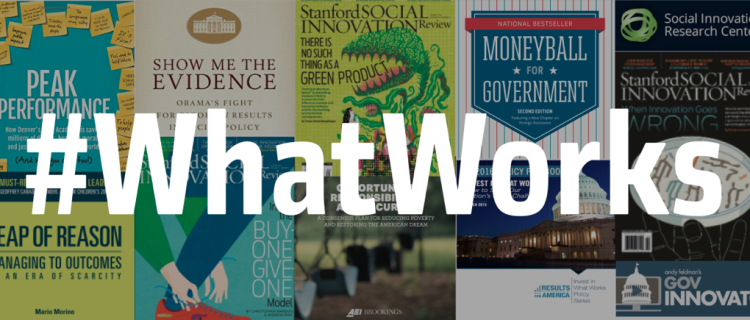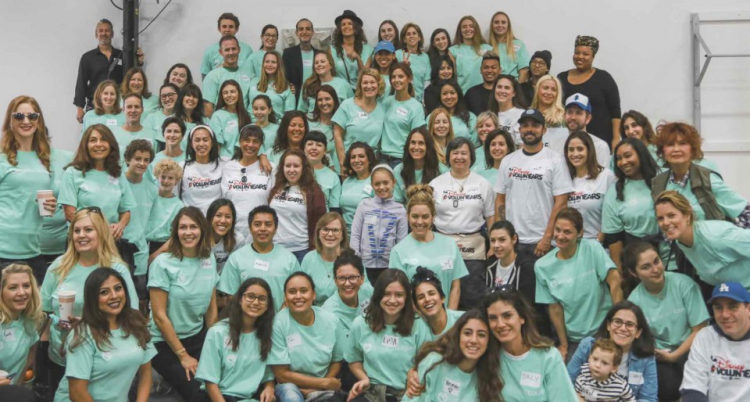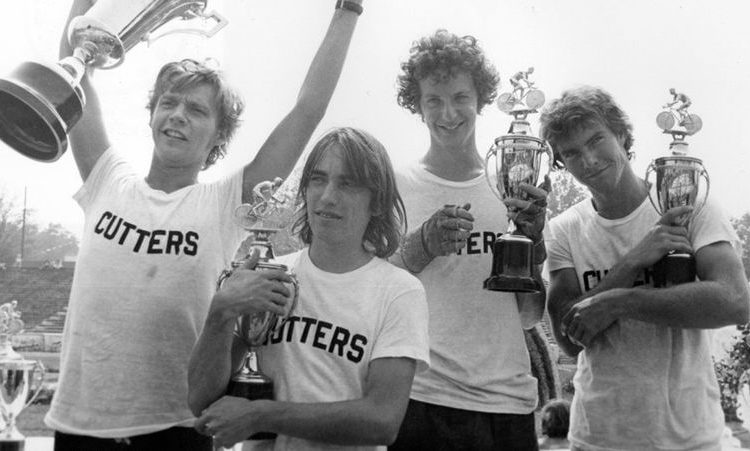1. Recognize bias → Create better algorithmsCan we humans better recognize our biases before we turn the machines loose, fully automating them? Here’s a sample of recent caveats about decision-making fails: While improving some lives, we’re making others worse. Yikes. From HBR, Hiring algorithms are not neutral. If you set up your resume-screening algorithm to […]
1. It’s tempting to think there’s a hierarchy for data: That evidence from high-quality experiments is on top at Level 1, and other research findings follow thereafter. But even in healthcare – the gold standard for the “gold standard” – it’s not that simple, says NICE in The NICE Way: Lessons for Social Policy and […]
1. SPOTLIGHT: MCDA, a decision process for everyone. ‘Multiple criteria decision analysis’ is a crummy name for a great concept (aren’t all big decisions analyzed using multiple criteria?). MCDA means assessing alternatives while simultaneously considering several objectives. It’s a useful way to look at difficult choices in healthcare, oil production, or real estate. But oftentimes, […]
1. Evidence → Social RCTs → Transformational change More progress toward evidence-based social programs. The Laura and John Arnold foundation expanded its funding of low-cost randomized controlled trials. @LJA_Foundation, an advocate for evidence-based, multidisciplinary approaches, has committed $100,000+ for all RCT proposals satisfying its RFP criteria and earning a high rating from its expert review […]
1. When nudging fails, what else can be done? Bravo to @CassSunstein, co-author of the popular book Nudge, for a journal abstract that is understandable and clearly identifies recommended actions. This from his upcoming article Nudges that Fail: “Why are some nudges ineffective, or at least less effective than choice architects hope and expect? Focusing primarily […]
1. Behavioral economics → Healthcare innovation. Jaan Sidorov (@DisMgtCareBlog) writes on the @Health_Affairs blog about roadblocks to healthcare innovation. Behavioral economics can help us truly understand resistance to change, including unconscious bias, so valuable improvements will gain more traction. Sidoro offers concise explanations of hyperbolic discounting, experience weighting, social utility, predictive value, and other relevant […]
1. What new analytics are fueling baseball decisions? [I spoke at Nerd Nite SF about recent developments in baseball analytics. -Tracy Allison Altman, Ed.] Highlights from my talk: – Data science and baseball analytics are following similar trajectories. There’s more and more data, but people struggle to find predictive value. Oftentimes, executives are less familiar […]
1. Spending $ on brain training isn’t so smart. It seems impossible to listen to NPR without hearing from their sponsor, Lumosity, the brain-training company. The target demo is spot on: NPR will be the first to tell you its listeners are the “nation’s best and brightest”. And bright people don’t want to slow down. […]
1. Mistakes we make when sharing insights. We’ve all done this: Hurried to share valuable, new information and neglected to frame it meaningfully, thus slowing the impact and possibly alienating our audience. Michael Shrage describes a perfect example, taken from The Only Rule Is It Has to Work, a fantastic book about analytics innovation. The […]
1. Poor kids already have grit: Educational Controversy, 2016 edition. All too often, we run with a sophisticated, research-based idea, oversimplify it, and run it into the ground. 2016 seems to be the year for grit. Jean Rhodes, who heads up the Chronicle of Evidence-Based Mentoring (@UMBmentoring) explains that grit is not a panacea for […]








